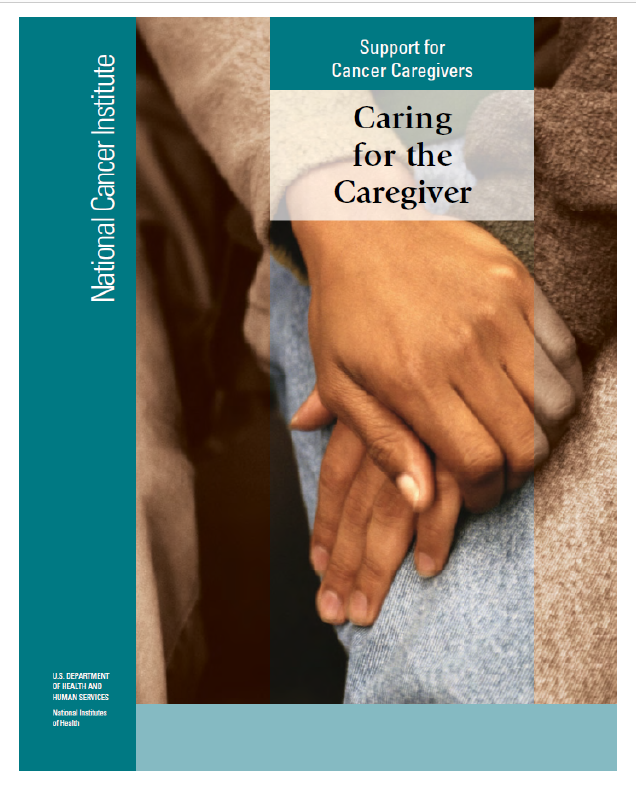What is Psychology?
Welcome to your course on the psychology of gender which this book supports. Of course, you may be expecting a definition of gender in this module and we will definitely provide one. But since some students taking this class are not psychology majors or minors, and most of you had your introductory class some time ago, we want to ensure you have a solid foundation to build on. So to get us started we need to understand what psychology is.
Psychology is the scientific study of behavior and mental processes. Yes, that is correct. Psychology is scientific. Psychology utilizes the same scientific process and methods practiced by disciplines such as biology and chemistry. We will discuss this in more detail in Module 2 so please just keep this in the back of your mind for now. Second, it is the study of behavior and mental processes. Psychology desires to not only understand why people engage in the behavior that they do, but also how. What is going on in the brain to control the movement of our arms and legs when running downfield to catch the game winning touchdown, what affects the words we choose to say when madly in love, how do we interpret an event as benign or a threat when a loud sound is heard, and what makes an individual view another group in less than favorable terms? Such prejudicial or discriminatory behavior could be directed at a person due to their gender or sexual orientation. These are just a few of the questions that we ask as psychologists and our focus in this book is on the psychology of gender.
What is Health and Wellness?
As we discuss the psychology of gender, we will cover numerous topics that affect a person’s health and wellness. So, it seems logical that we should explain what these terms mean. The Substance Abuse and Mental Health Services Administration (SAMHSA) defines wellness as “being in good physical and mental health.” They add, “Remember that wellness is not the absence of illness or stress. You can still strive for wellness even if you are experiencing these challenges in your life.” Most people see wellness as just focused on the physical or mental. These are part of the picture, but definitely not the whole picture.
Alright. Now to the business at hand – defining what gender is. Before we can do that we have to understand what the term sex means. But why? Aren’t they the same thing. Though typically considered synonyms by many, sex and gender have distinct meanings that become important when collecting data and engaging in research. First, sex refers to the biological aspects of a person due to their anatomy. This includes the individual’s hormones, chromosomes, body parts such as the sexual organs, and how they all interact. When we say sex, we are generally describing whether the person is male or female and this is assigned at birth.











